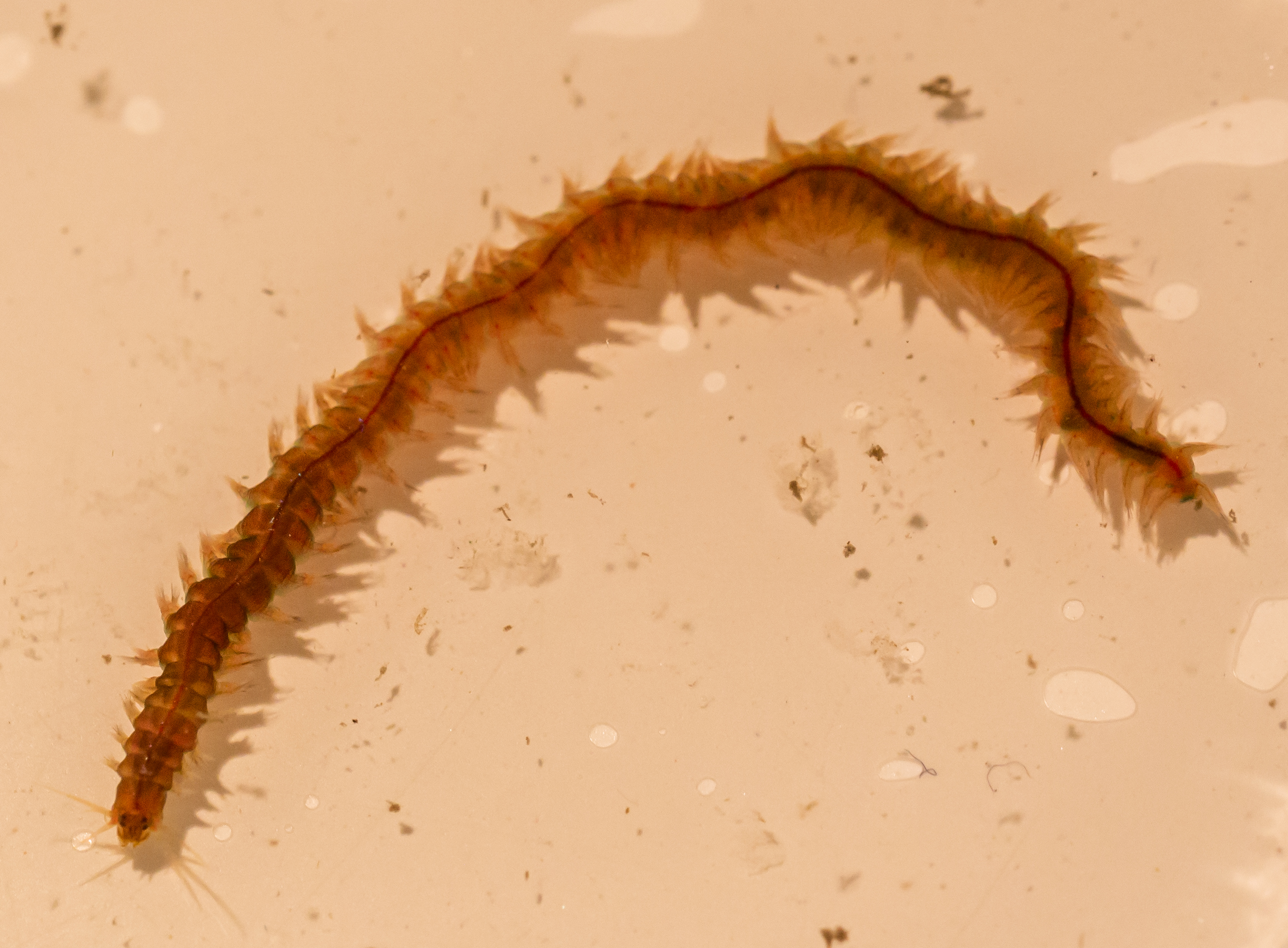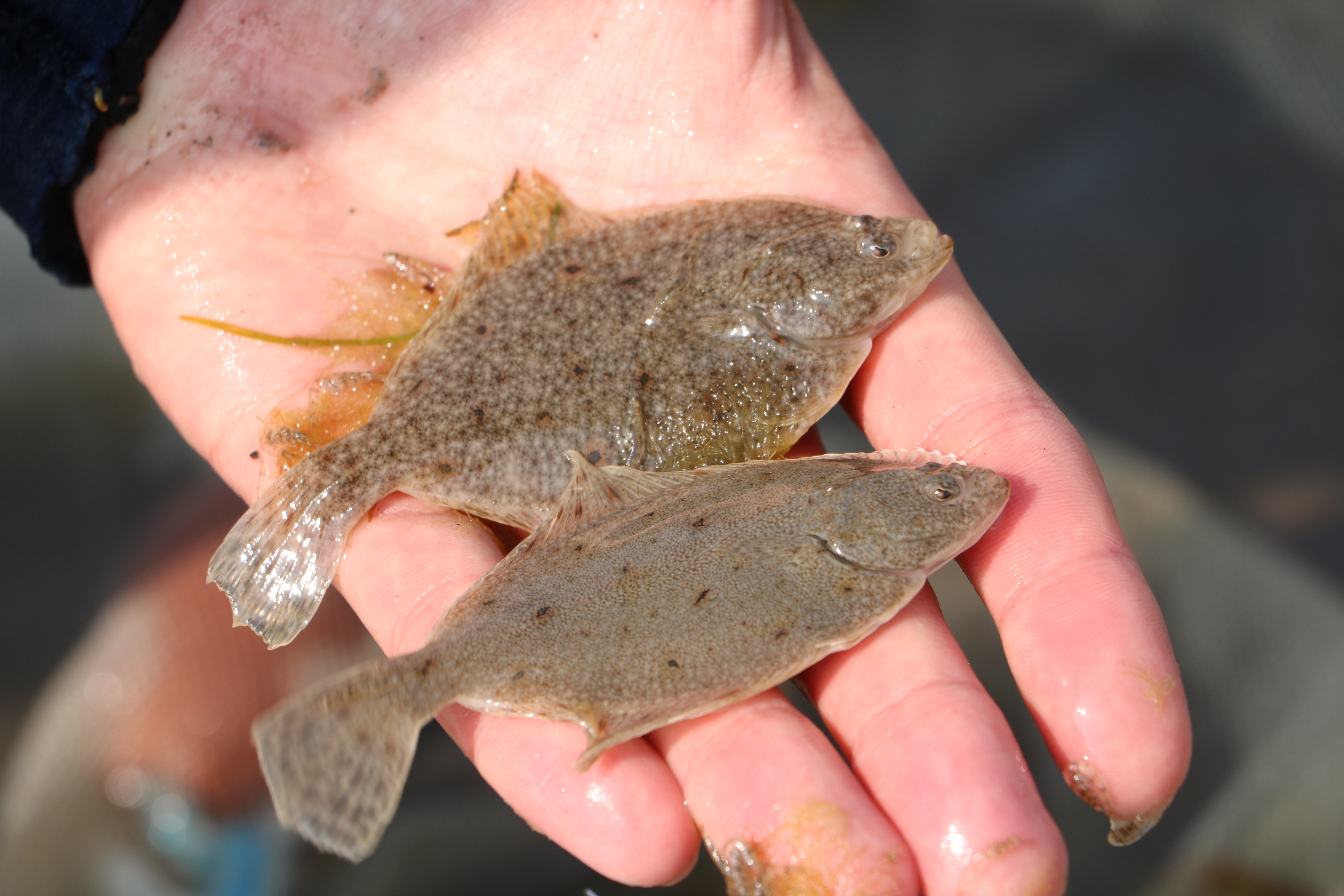Food webs form the backbone of functioning in ecosystems. We study how food web structure and functioning vary over time and space, how the changing marine environment influences the biodiversity of the food web as well as the interactions among the taxa and what the consequences are for energy fluxes through the communities. In addition to using network approaches, we explore changing marine communities using trait-based approaches and stable isotope ecology. We rely on long-term monitoring data as well as targeted field sampling and experimental approaches in our investigations of trophic interactions among marine organisms, and our work covers both coastal ecosystems and deeper areas in the Baltic Sea, the North Sea, and the Arctic Ocean.
Research group:
PhD Tiina Salo
MSc Phoebe Armitage
MSc Maïté Jacquot
MSc Pierre Olivier
BSc Ellen Rancken
BSc Patrik Ståhl


Projects:
| Period | Name |
| 2022-2026 | Marine Biodiversity and Ecosystem Functioning leading to Ecosystem Services; MARBEFES. |
| 2021-2025 | Impacts of marine heatwaves on the functioning of temperate coastal ecosystems under the influence of non-indigenous species (Lucinda Kraufvelin, Doctoral programme at Åbo Akademi University) |
| 2020-2024 | Arctic biodiversity change and its consequences: Assessing, monitoring and predicting the effects of ecosystem tipping cascades on marine ecosystem services and dependent human systems; ECOTIP. |
| 2021-2022 | Genetisk variation hos Limecola (Macoma) balthica (L.) i förhållande till miljöförändringar; GeneMac. |
| – | Assessing marine benthic communities and their role in benthic-pelagic coupling across the warming Arctic (Phoebe Armitage, Doctoral programme at Åbo Akademi University) |
| – | Functional diversity driving trophic Interactions in changing coastal ecosystems (Maïté Jacquot, Doctoral programme at Åbo Akademi University) |
| – | Marine food webs: an exploration of past structure and function to prepare for the future (Pierre Olivier, Doctoral programme at Åbo Akademi University) |